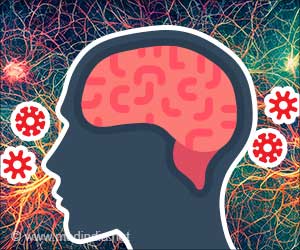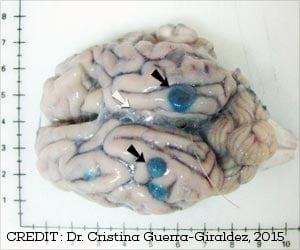Shy is a common word and needs no introduction. All of us have been shy at some time or the other, often as children, and have grown up to be confident adults.
Shy is a common word and needs no introduction. All of us have been shy at some time or the other, often as children, and have grown up to be confident adults. Yet, some people continue to ‘suffer’ varying degrees of shyness, accompanied by anxiety and fear in social situations. In acute cases, victims cannot have a conversation even with family members without breaking into cold sweat, palpitations, blushing and an awful feeling enveloping them. The experience is so unnerving that victims feel they’d rather die than go through the experience of social contact.
There is a debate as to the precise numbers of people affected by the condition, studies show that one to 8 percent of the population suffer social phobia, out of which only five to 10% of victims actually receive treatment, which could be in the form of anti- depressants and behavioral therapy.Oxytocin – The Magic Hormone
Scientists have zeroed in on a simple hormone treatment that can help victims of social phobia overcome fear and anxiety of social situations, and improve their quality of life.
Oxytocin, the hormone which is produced in the body of the mother during childbirth and offers a host of benefits to the mother and child has led researchers from America, Switzerland and Australia to believe that it could be used to alleviate social phobia.
Conveying the immense promise offered by the hormone, Paul Zak, professor or neuroscience at Claremont Graduate University in California, said, “Tests have shown that oxytocin reduces anxiety levels in users. It is a hormone that facilitates social contact between people. What's more, it is a very safe product that does not have any side effects and is not addictive."
Edinburgh-based therapist Gary Flockhart who has treated people with varying degrees of social phobia employing techniques such as neuro-linguistic programming said, "Anxiety is quite common. Public speaking is one of the biggest phobias, and one of the common fears is giving a eulogy at a funeral. Ninety per cent of people would rather be in the coffin than standing at the altar, so it's a massive thing. It's understandable that a biological approach has been developed. Whatever it is you are afraid of starts off as a thought, which generates a feeling. It's that feeling which we act upon and behave on. I tend to deal with people's feelings, and that then affects the way they behave. This hormone treatment deals with the feeling in a different way. I'm using physiology to change how people are feeling, whereas this new treatment uses biology to combat the problem."
An oxytocin spray which has been developed by scientists in Australia and researchers in New York found it could help patients suffering autism. Professor Zak said, “There is a reduction of anxiety in autistic patients. The oxytocin can induce them to do things like make eye contact with others - something autistic people find hard."
In effect, the benefits of oxytocin may be boundless, as research has just found out.
Source-Medindia
SAV/C










